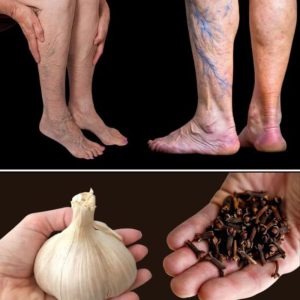High blood sugar, medically known as hyperglycemia, occurs when there is an excess of glucose in the bloodstream. This condition is most commonly associated with diabetes, a chronic health condition affecting the way your body regulates blood sugar. Recognizing the signs of high blood sugar is crucial for managing and preventing potential complications. This article will explore the symptoms of high blood sugar, the risks associated with it, and strategies for effective management.
Symptoms of High Blood Sugar
The body gives several signals when blood sugar levels are elevated. Recognizing these signs is the first step toward taking control and preventing complications:
- Excessive Thirst and Frequent Urination: High blood sugar causes the kidneys to work harder to filter and absorb the excess glucose. When they can’t keep up, the excess sugar is excreted into the urine, dragging fluids from tissues, leading to dehydration and a consequent increase in thirst.
- Fatigue: When glucose levels are high, it indicates that your cells aren’t receiving the energy they need from sugar. This can lead to a feeling of being tired or fatigued, impacting daily activities.
- Blurred Vision: High levels of glucose can lead to the swelling of the lenses in your eyes, changing your ability to see and resulting in blurred vision, a condition that should reverse once blood sugar levels are managed.
- Slow-Healing Sores: High blood sugar can affect blood flow and cause nerve damage, which can slow down the healing process for cuts and sores.
- Frequent Infections: Elevated glucose levels can weaken the body’s immune system, leading to an increased risk of infections, particularly in the gums, skin, and urinary tract.
Risks of Unmanaged High Blood Sugar
If high blood sugar levels are not brought under control, they can lead to serious health complications over time, including:
- Cardiovascular Disease: High glucose levels can contribute to the development of fatty deposits in blood vessel walls, increasing the risk of stroke and heart disease.
- Neuropathy: Excess sugar can injure the walls of the tiny blood vessels that nourish your nerves, especially in the legs, leading to tingling, numbness, burning, or pain.
- Kidney Damage: The kidneys contain millions of tiny blood vessel clusters that filter waste from your blood. Diabetes can damage this delicate filtering system, leading to kidney failure or irreversible end-stage kidney disease.
- Retinopathy: Diabetes can lead to significant eye conditions, including blindness, due to the damage high sugar levels can cause to the blood vessels of the retina.
Managing High Blood Sugar
Effective management of high blood sugar involves a combination of lifestyle changes and medication:
- Healthy Eating: Focus on a balanced diet rich in fruits, vegetables, whole grains, and lean proteins. Monitor carbohydrate intake to manage blood sugar levels.
- Regular Exercise: Engage in regular physical activity to help lower blood sugar levels by moving sugar into your cells, where it’s used for energy.
- Medication: If lifestyle changes aren’t enough to manage your blood sugar, your doctor may prescribe diabetes medications or insulin therapy.
- Monitoring: Regularly checking your blood sugar levels can help you understand how food, activity, and stress affect your glucose levels.
Conclusion
High blood sugar is a significant health concern that requires attention and management to prevent serious complications. By recognizing the signs and symptoms of hyperglycemia, individuals can take early steps to manage their blood sugar levels through lifestyle changes and medication. Regular consultations with healthcare providers are essential to tailor a management plan that suits individual health needs. With the right approach, people with high blood sugar can lead healthy, active lives.





